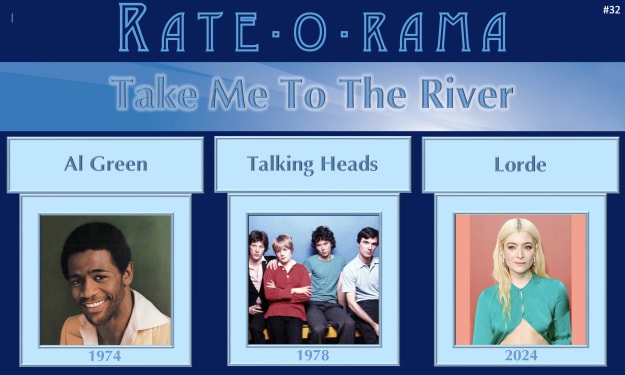
Because perspective is consistently abstract and relies enormously on the individual's social foundation, prior encounters, and social class, American truth is seen by various gatherings of people in particular ways. These methods of insight may even be incongruent, so to react to the contention in qualities and the subsequent biases and segregation, attempt an investigation of these fundamental factors and clarify the most hazardous focuses.
In the current task, I intend to investigate the change of America over the long run as displayed in the movies "Full Metal Jacket," "Forrest Gump," and "Marine." To exhibit the significance of these movies, it is essential to give brief outlines.
"Forrest Gump" covers a deep, extensive stretch of American history, portraying the existence of an intellectually unsuitable man named Forrest, who prevails in this life inferable from his liberality and self-assuredness. Nonetheless, he goes through various experiences, including common unrests of the 1960s-1970s related to various fairness developments, the Vietnam War, and numerous other social and policy-driven issues that he assesses and comes closer from a unique and genuinely hopeful viewpoint. Even though Forrest can not be seen as a keen or goal-oriented individual, he arrives at the American Dream. Yet, he doesn't stop for a second to reveal his viewpoint and genuine capacities (for example, abilities in sports). The film, in any case, offered a significant far-off and withdrew perspective because of the way that the fundamental person is somewhat hindered in the scholarly turn of events.
"Full Metal Jacket" gives a fascinating record of the Vietnam War, as it starts with the inculcation of Marine enlisted people, who get ready for joining the tactical struggle. The preparation is amazingly unforgiving and upsets troopers, discarding them one against another, so one of them even ends it all. Solely after watching the entire film, the watcher understands the degree of the decrease of officers' characters to robots, since Hartman's passing doesn't propose the loss of the malignancy but instead focuses on the way that a solitary military man no longer addresses the conflict, so it very well may be addressed simply by hundreds, a large number of trained fighters; correspondingly, the demise of the tactical chief won't ever bring about the end of the equipped struggle. The negligibility of a solitary human existence, the cheapening of character just as the tireless misery are the focuses that sensationalize the Vietnam plot.
"Marine" manages the Gulf War and follows Swoof, the hero, who proposes that this conflict is futile. The bounty of remarks and the nearby portrayals of the characters highlight the way that they have a lot of time to become acquainted with each other better as a result of the fatigue of the "marooned" company and the constant abstractive danger of the Iraqi, which speculatively hang tight for the warriors after the following skyline. Because of how the entire film conveys the severe dichotomy of the Gulf War. Its members experienced disengagement and dreariness yet were sent for battling; there is a lot of tragic humor, essentially followed by close-ups.
The current task includes the examination of the three movies by the accompanying measures: the portrayal of American energy, images of America during the 1960s-1990s (every decade will be thought of), officers' individual recognitions about their country, the responsibility of the conflicts in Vietnam and Persian Gulf (points of view on America's foreign relations), issues looked by veterans upon the finish of the disputes (absence of regard, social help, mental injury, etc.).
All the more explicitly, the task will zero in on a few focuses. As a matter of first importance, in the conversation of enthusiasm, I might want to address the characters' demeanor towards America and how America treats the existences of its fighters and qualities of their tactical exertion (as portrayed through their eyes). Moreover, I might likewise want to discover the exact parts of the officers' wistfulness for the United States (regardless of whether they miss just their nearest family members and the benefit of the development or there is a more profound place of nostalgia as a despairing, related with the division from the social and public roots). Such a review will give an "exile" see on America and demonstrate its most valuable components and Americans' qualities.





Comments
There are no comments for this story
Be the first to respond and start the conversation.